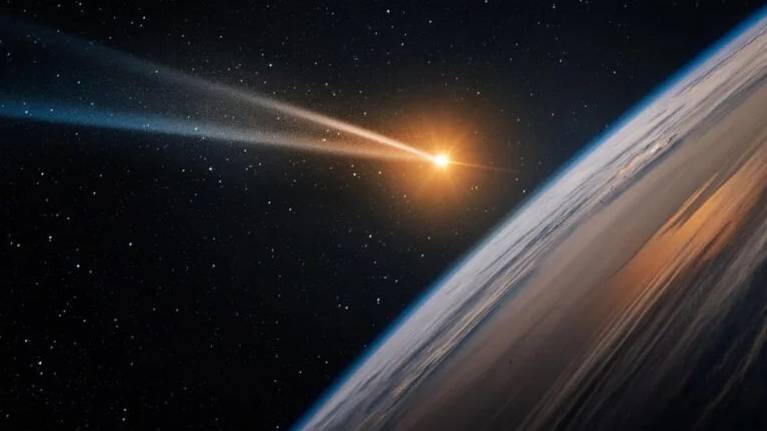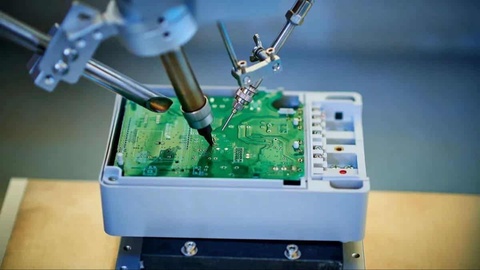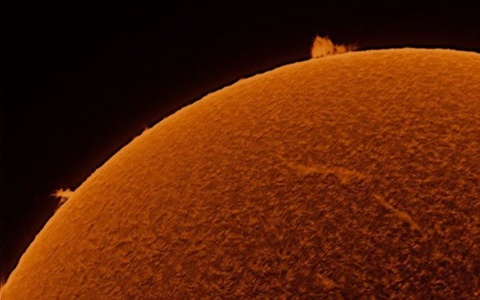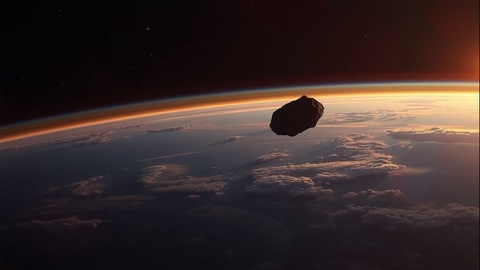According to CNN, we are talking about a rocket called C/2023 A3 (Tsuchinshan-ATLAS). It was discovered last year by observers from the Chinese Tsuchinshan Observatory in South Africa.
"She won't sweep across the sky like a meteor. It will just hang and slowly change its position from night to night. If you can see the comet with the naked eye, then looking at it through binoculars, you will be simply amazed," said Bill Cook, head of the NASA Meteorological Department at the Marshall Space Flight Center in Huntsville.
In September, the Tsuchinshan-ATLAS comet could be seen by residents of the southern hemisphere of the Earth. In the northern hemisphere, it can be visible in the night sky from mid-October to early November, writes Profil.
A rare comet will be visible in the western sky shortly after sunset. People with high visual acuity are able to see it with the naked eye. The rest of us will need binoculars to observe the comet, which was last seen during the time of the Neanderthals. In a dark sky, the comet will look like a bright fiery stride with a long tail.
According to NASA, the Tsuchinshan-ATLAS comet will make the first documented flyby of the Earth. This will probably be the last time it will be seen in the next 80 thousand years.












